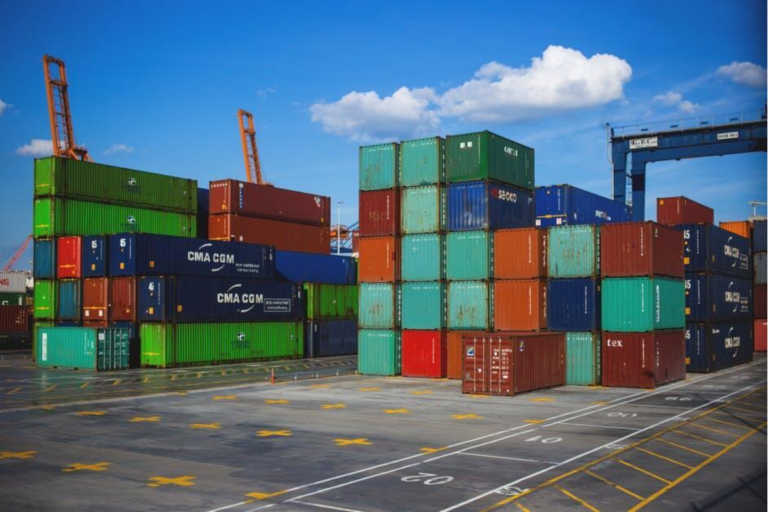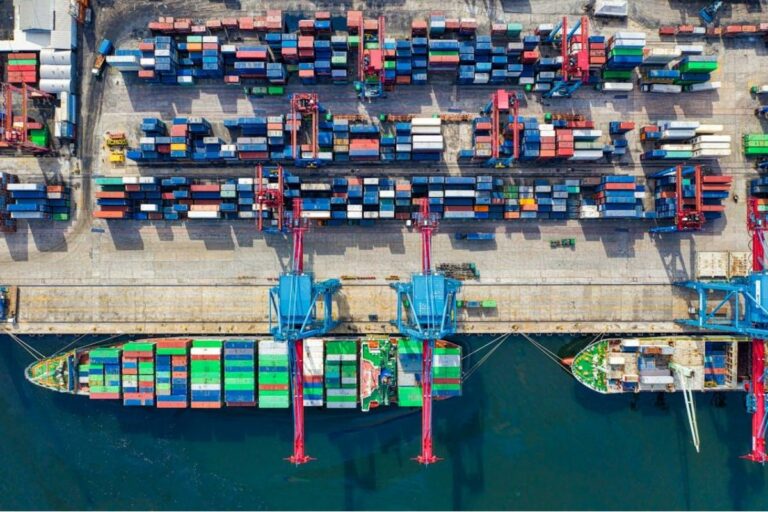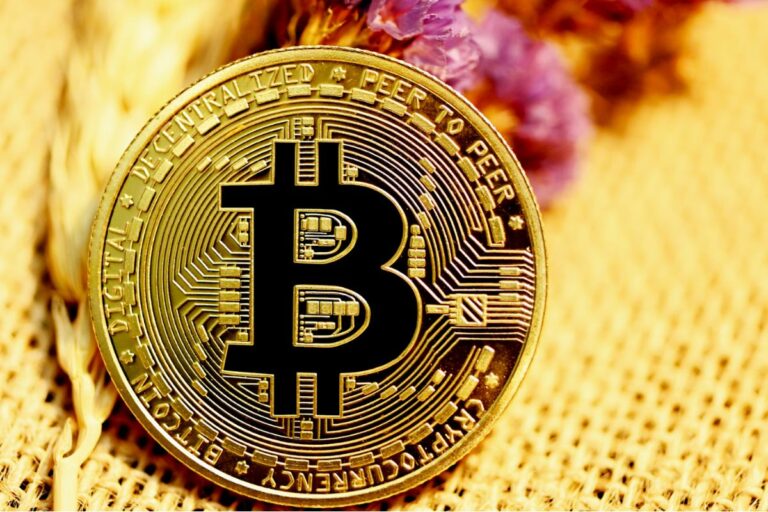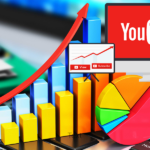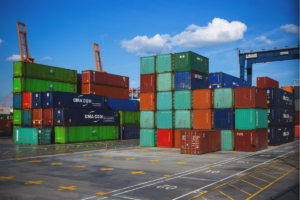The world is increasingly becoming digital and the biggest player behind this transition is the internet.
How many people use the internet in 2024? One thing that we know so far–it is more than half of the world’s population!
In this article, you will learn about how many people are online, and which countries have the highest and lowest number of internet users.
Post Contents
- 1 How Many People Use the Internet in 2024?
- 2 User Count Through the Years
- 3 What is Internet
- 4 Dot-com Bubble
- 5 Countries with Highest Online Population
- 6 Internet Access Rate Relative to Population Count
- 7 Countries with Least Internet Exposure
- 8 Fastest Internet
- 9 Slowest Internet
- 10 Broadband Subscription per 100 People
- 11 Internet Service Providers
- 12 Satellite Services
- 13 Time Spent on the Internet
- 14 Rise of Social Media
- 15 Where is Internet Headed
- 16 Uses of the Internet
- 17 Conclusion
- 18 Sources
How Many People Use the Internet in 2024?
5.07 billion people: that is how many people use the internet in 2024.
This number is 60% of the world’s total population, meaning 6 in 10 people use the web now. The user count has an annual growth rate of 4.0%.
27,000 people go online for the first time every hour every day. There are 1.8 billion live websites accessible to users today and login may be done through various devices.
The most-used ones are computers, handheld devices, personal digital assistants, digital televisions, and game machines.
User Count Through the Years
The internet started with 413 million users in 2000.
It breached past its first billion users in 2005. The influx of internet users continued after developing countries found access to the service. By 2016, it already has 3.6 billion subscribers worldwide.
What is Internet
In simple terms, the internet is just another way to optimize communication by allowing the world to interconnect in real-time through computer networks. It was originally established for the sole purpose of sharing information.
It started in the United States way back in the 1950s but did not achieve commercial expansion until the 1990s.
The internet today serves on various ethics still anchored to information sharing. Such as communication, marketing, and networking.
Dot-com Bubble
The invention of the World Wide Web in the 1990s caused both a massive internet adoption and an investment appetite for “dot-com” backed companies.
But internet usage remained heavily unbalanced until the 2000s.
Half of the Americans already access information from the net while only 7.0% of the world’s population are online during the early years of the new millennia.
The rate is even lower in developing economies, with 99% of South Asia and Sub-Saharan Africa still offline in 2000.
Sadly, only 48% of all internet companies survived the dot-com bubble burst. And the majority are significantly devalued.
Countries with Highest Online Population
Below are the top five countries with the highest online population. The first two spots are by default since China and India are the most populated countries in the world.
- China – 765 million
- India – 391 million
- United States – 245 million
- Brazil – 126 million
- Japan – 116 million
Internet Access Rate Relative to Population Count
Here are the top countries with the highest percentage of internet access rate relative to population count.
- Iceland – 98% of the entire population is online
- Denmark and Norway – 97%
- South Korea and Japan – 93%
- France – 86%
- Singapore – 81%
On average, two-thirds of people in industrialized nations are on the web.
Countries with Least Internet Exposure
This category is dominated by underdeveloped countries from the African continent where less than 5% of the population are online.
Also, North Korea is at the bottom of the spectrum, with only a 0.1% internet penetration rate. The hermit country limits its intranet usage to only a small part of its elite population.
Fastest Internet
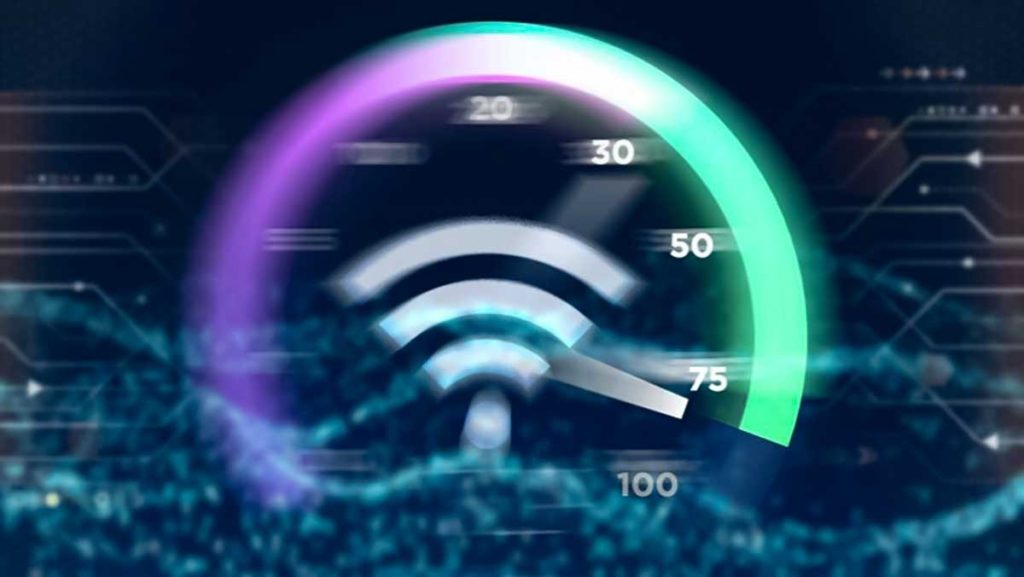
People living in these countries enjoy the benefits of having the fastest internet speed.
Fastest mobile internet speed by country:
- UAE – 238.06 Mbps
- South Korea – 202.62 Mbps
- Norway – 177.71 Mbps
Fastest broadband internet speed by country:
- Monaco – 261.82 Mbps
- Singapore – 255.83 Mbps
- Hong Kong – 254.70 Mbps
Slowest Internet
The global average internet speed is 11.03 Mbps. But these countries do not meet the average threshold:
- Guinea Bissau – 0.01 Mbps
- South Sudan – 0.04 Mbps
- Eritrea – 0.05 Mbps
Broadband Subscription per 100 People
In 2019, there are 15 broadband subscribers in every 100 people worldwide. South Korea holds the top spot with 42.76 subscriptions per hundred people.
Internet Service Providers
There are more than 800,000 internet service providers worldwide and the industry’s market size is now at $1 trillion.
Satellite Services
Satellite internet providers remain limited to Viasat and HughesNet. But there is increased investor attention towards the sector’s potential.
Satellite internet speed is slower compared to cable internet, let alone costlier. On the other hand, it is a more reliable option for people living in the countryside and less-developed locations.
Time Spent on the Internet
Regular users spend nearly seven hours on the internet daily. Google Chrome is the most-used app among internet users, accounting for 62.63% of the total.
Yearly, all users collectively spend 12 ½ trillion hours on the internet.
Rise of Social Media
Internet users spend 147 minutes on social media every day. In 2021, TikTok surpassed both Instagram and Facebook as the most-downloaded app of the year.
It gathered 656 million downloads versus IG and FB’s 545 million and 416 million downloads. Other apps on the list are WhatsApp, Telegram, Snapchat, and Zoom.
Where is Internet Headed
According to studies, internet speed can feasibly reach one (1) terabit per second if hardware and software would keep pace with the development. It is a huge upgrade from 100 gigabits per second we have today.
Even Web3 development will happen which will create a cashless, unregulated economy without the need for third-party apps, the world will still be heavily reliant on the internet.
Uses of the Internet
Listed below are all contributors to achieving universal accessibility with the use of the internet.
Education
Thinktanks, journals, research & development projects can all be found on the web nowadays. It makes data collection easy and information accessible to everyone online.
Business Promotion
Welcome to 21st-century consumerism– you can now order everything online. The internet revolutionized the way people buy, sell, and do business in general.
Free and Fast Communication
The internet has made borders shrink through faster and more efficient communication processes for free.
Optimizing Daily Tasks
Overall, the internet optimized our everyday way of life. Online shopping, real-time communication, doing business, education–everything is now accessible in one click.
Conclusion
The internet is now a ubiquitous service enjoyed by more than half of the world’s population. Billions of people see the service as an indispensable part of their daily lives.
On the other hand, it is not only a question of how many people use the internet. The attention should also redirect towards the three billion people globally who never used the web even once in their lives.
And this untapped market has a promising potential to give.


